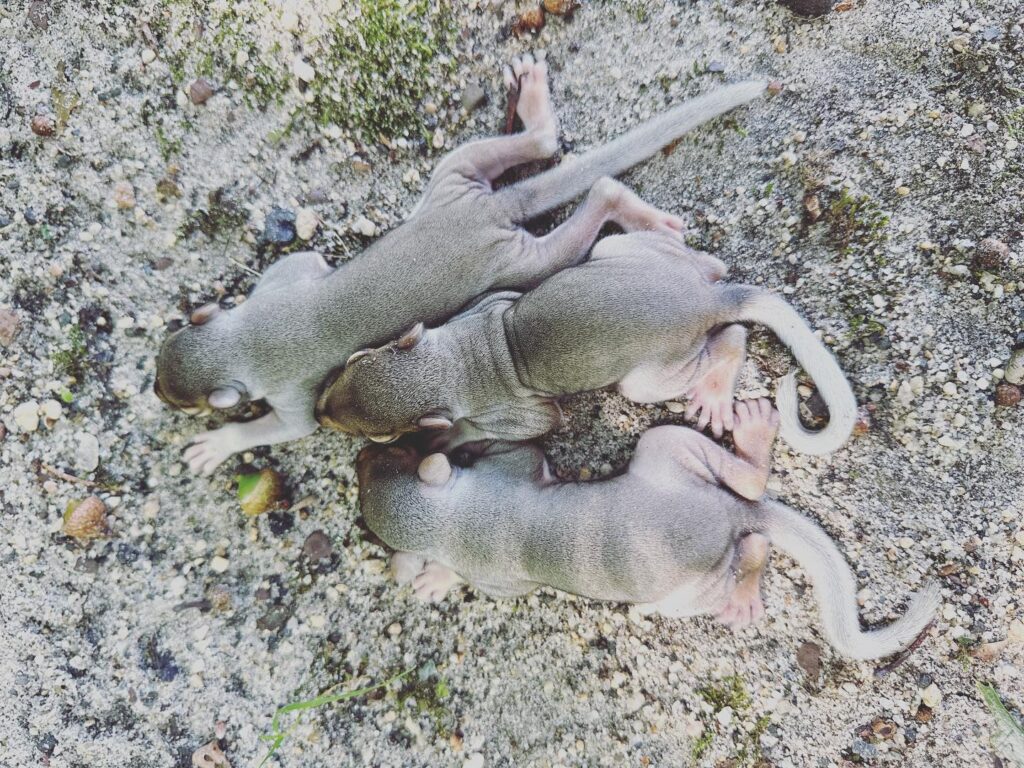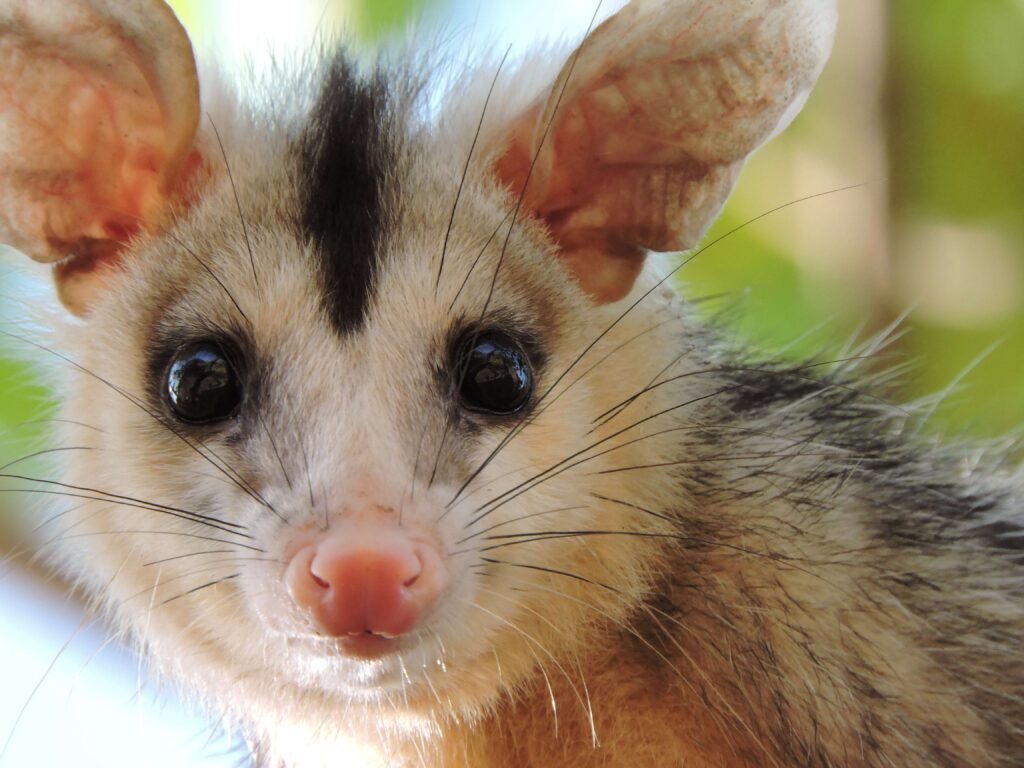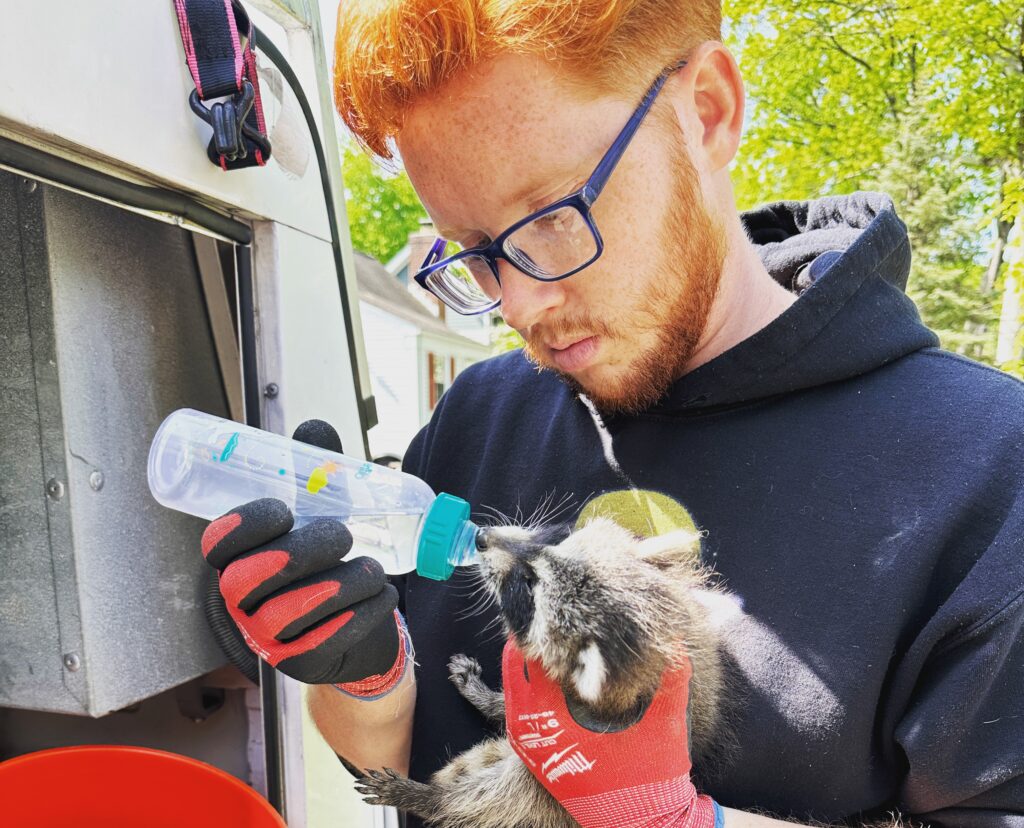Welcome to the essential guide on managing opossum troubles in the Garden State – New Jersey. Opossums, with their distinctive appearance and nocturnal habits, often find their way into urban and suburban areas, causing various issues for homeowners. In this guide, we delve into the intricacies of addressing these concerns, focusing on effective Opossum Removal in New Jersey, providing you with the knowledge and tools to tackle this challenge head-on.
New Jersey’s diverse landscape and proximity to wooded areas create an ideal environment for opossums, making encounters with these marsupials quite common. Whether you’re dealing with property damage, unusual noises, or disruptions in your pets’ behavior, understanding the signs of opossum presence is crucial. As we explore Opossum Removal NJ, we’ll discuss both natural deterrents and do-it-yourself methods, ensuring you have a comprehensive understanding of how to handle these situations.
Stay tuned as we navigate the legal considerations surrounding opossum removal in New Jersey, emphasizing the importance of humane practices. We’ll also touch on preventive measures to keep these creatures at bay and foster a opossum-free community. Join us on this informative journey, equipping yourself with the knowledge needed to address and prevent opossum troubles effectively in the state of New Jersey.
Key Takeaways
- Address opossum troubles in New Jersey with a comprehensive strategy, combining natural deterrents, DIY methods, and professional services.
- Understand and adhere to wildlife protection laws in NJ, emphasizing humane practices during opossum removal.
- Regularly maintain your property by sealing entry points and securing potential food sources to deter opossums effectively.
- Foster awareness among neighbors to create a united effort in opossum removal and prevention, ensuring a collective and sustainable approach.
- Implement preventive measures consistently for a resilient defense against opossum return, promoting a harmonious coexistence with New Jersey's diverse wildlife.
Identifying Opossum Issues
Identifying opossum issues is the first crucial step in effective Opossum Removal in New Jersey. These adaptable marsupials, commonly found in the state’s diverse landscapes, can pose challenges for homeowners. To address these concerns comprehensively, it’s essential to recognize the signs of opossum presence.
Opossums are known for causing property damage, often tearing into gardens, garbage, or even structural elements of homes. Understanding these destructive tendencies is vital for implementing successful Opossum Removal NJ strategies. Additionally, homeowners may notice unusual noises during the night, as opossums are nocturnal creatures. Identifying and acknowledging these sounds can aid in early detection.
By staying attuned to these signs, residents can take proactive measures to address opossum issues effectively. In the following sections, we will explore various techniques to manage and prevent opossum troubles, ensuring a harmonious coexistence between homeowners and New Jersey’s diverse wildlife.
Opossum Removal Techniques
Successfully executing Opossum Removal in New Jersey involves a combination of natural deterrents, do-it-yourself methods, and, when necessary, seeking professional services. Homeowners facing opossum troubles can implement these techniques to ensure a safe and effective resolution.
Natural deterrents play a crucial role in Opossum Removal NJ. Planting opossum-repelling plants around your property can discourage these marsupials from frequenting the area. Additionally, securing garbage cans with tight-fitting lids helps eliminate a potential food source, making the environment less attractive to opossums.
For those inclined towards a hands-on approach, do-it-yourself methods for opossum removal can be effective. Sealing entry points around your home prevents these creatures from gaining access to sheltered areas. Simultaneously, eliminating food sources, such as pet food left outdoors, minimizes the likelihood of attracting opossums.
Legal Considerations
Navigating the legal landscape is a critical aspect of Opossum Removal in New Jersey. Understanding the laws and regulations surrounding wildlife removal ensures that homeowners address opossum issues responsibly and within the bounds of the law.
New Jersey has specific wildlife protection laws in place to safeguard its diverse fauna, including opossums. When engaging in Opossum Removal NJ, it is crucial to be aware of these regulations to avoid legal consequences. Authorities emphasize the importance of humane removal practices, underscoring the need to consider the well-being of these creatures during the removal process.
Homeowners should be cognizant of the permits and permissions required for opossum removal in New Jersey. Working with licensed professionals who are well-versed in the legal considerations ensures compliance with state laws. These experts are trained to handle opossum removal ethically, taking into account the welfare of the animals and maintaining ecological balance.

Preventing Opossum Return
Proactive measures are essential for preventing the return of opossum troubles after successful Opossum Removal in New Jersey. By implementing these preventive strategies, homeowners can create an environment less conducive to opossum habitation and contribute to the long-term harmony between residents and wildlife in the state.
Regular property maintenance plays a pivotal role in preventing opossums from returning. Securing potential entry points, such as gaps in fences or openings in structures, reduces the likelihood of these marsupials finding shelter on your property. Additionally, ensuring that garbage cans remain tightly sealed helps eliminate potential food sources, discouraging opossums from frequenting residential areas.
Educating neighbors and the community is another effective approach to preventing the return of opossum troubles. By promoting awareness of opossum behavior and the significance of responsible waste management, a collective effort can be fostered to create a Opossum Removal NJ community initiative. Collaboration among residents enhances the overall effectiveness of preventive measures, creating a more opossum-resistant living environment.
FAQs
How can I identify if opossums are present on my property?
Look for signs like property damage, unusual noises at night, and changes in your pets’ behavior.
Are opossums dangerous to pets, and how can I protect them?
Opossums are generally not aggressive, but securing pet food and outdoor spaces can prevent conflicts.
Can I use natural methods to deter opossums from my yard?
Yes, planting opossum-repelling plants and securing garbage cans are effective natural deterrents.
How can I secure my property to prevent opossums from returning?
Seal entry points, secure garbage cans, and eliminate food sources to make your property less attractive.
What foods attract or deter opossums, and how can I manage them?
Secure garbage, remove fallen fruits, and avoid leaving pet food outdoors to manage opossum-attracting foods.
Conclusion
In conclusion, mastering the art of Opossum Removal in New Jersey demands a holistic understanding of these nocturnal creatures and a strategic approach to addressing potential challenges. By incorporating natural deterrents, DIY methods, and professional services, residents can create a resilient defense against opossum troubles.
Legal considerations play a crucial role in responsible wildlife management, underscoring the need for humane practices during opossum removal in NJ. Property vigilance and community engagement further contribute to the sustainability of a opossum-free environment.
As you embark on this journey, remember that prevention is key. Regular property maintenance, informed decision-making, and proactive community initiatives can collectively ensure a harmonious coexistence with New Jersey’s diverse wildlife.
For professional assistance and expert advice, consider reaching out to Kritter Catchers at (973) 747-5455. Their dedicated team specializes in humane and effective Opossum Removal NJ, providing residents with the support needed for a wildlife-friendly living space. Take the first step towards a opossum-free home – a step towards a balanced and thriving ecosystem.


